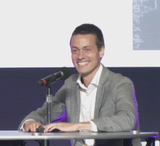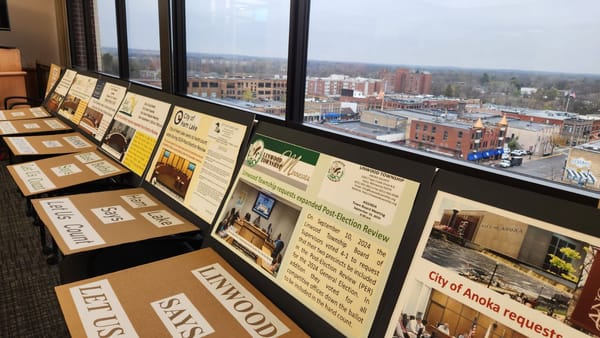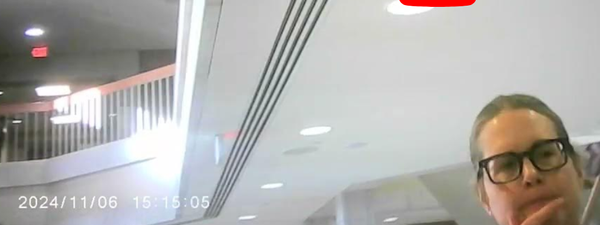Very Few Republicans Seem to Care About Election Fraud in the MN GOP Precinct Caucuses
This election season the people of Minnesota will be more informed than ever about current elected officials and candidates for public office
So far gubernatorial candidates Neil Shah, Mike Murphy, Kendall Qualls, and Kelly Jahner-Byrne for Secretary of State have made calls for a forensic audit of the MN GOP caucus data. Nathan Wesenberg, a candidate for the senate, is also in favor.
Why?
In part because the Morrison County Chair said she omitted names who attended from the delegates list and added others (who should not have been added) who were not in attendance. The fact that the Morrison County Chair was also a staffer for one of the gubernatorial campaigns was likely embarrassing to that campaign. Meanwhile according to Wesenberg, the Morrison County GOP Deputy Chair Isaac Shultz (also part of Pete Stauber’s staff) was incorrectly informing attendees that in order to become a delegate they must attend every convention which turned some people away.
Given that there was a serious issue in one Minnesota county (according to the person who ran the caucus there), how can we know whether the remaining 86 counties were free of fraud and mistakes?
One simple way would be to run a forensic audit on all the caucus data. Compare the source data taken at caucus and in the counties themselves and compare it with the state level party data.
The solution requires some work, yes, but is very simple. I was surprised when the deputy chair of my BPOU (basic political organizing unit) seemed disinterested. That is the choice every chair and deputy chair of Minnesota BPOUs has to make.
Why do I care about this?
Without clean data, how can we expect to have a #SafeAndEffective Republican endorsement process?
The fact that other candidates for governor and secretary of state (please correct me if I missed anyone) have not yet called for integrity and clean data suggests one of the following possibilities:
- they aren’t aware of it
- they are aware but don’t believe it is important
- they are aware and believe it is important, but have chosen not to speak out on it
The reasons and calculations for not speaking out on an issue that one is aware of and believes is important are generally not favorable. Readers can speculate as to why, or they can ask those candidates directly via email or the next time they are speaking in your local area. Additionally, it is relatively easy to speak on an issue, and a further step to take action in line with your convictions, as some gubernatorial, secretary of state, and state rep candidates are doing.
As such, I’m placing a marker here. When voters research and consider the full gamut of issues, words, and behaviors from respective candidates, they can be reminded about who decided to speak out and do something, and who chose not to. And when.
Increasingly, much of what any candidate or elected official does is in the public domain, whether through a public meeting or by virtue of someone recording them in public settings. Because of this reality, this election season the people of Minnesota will be more informed than ever about current elected officials and candidates for public office.
For what it’s worth, I’m am happy about what happened in Morrison County. The Morrison County Chair should be accountable to her actions, but also I do welcome her admission on the phone with Neil Shah’s campaign attorney and would welcome more county chairs to come forward with information to resolve this in a satisfactory manner. Furthermore, if additional chairs join the call for the forensic audit of the caucus data, then the state party (who some chairs are deferring to) may feel social or reputational pressure to do the right thing, even if they originally preferred not to.
For Minnesota election law related to caucus, visit: https://www.revisor.mn.gov/statutes/cite/202A.18




